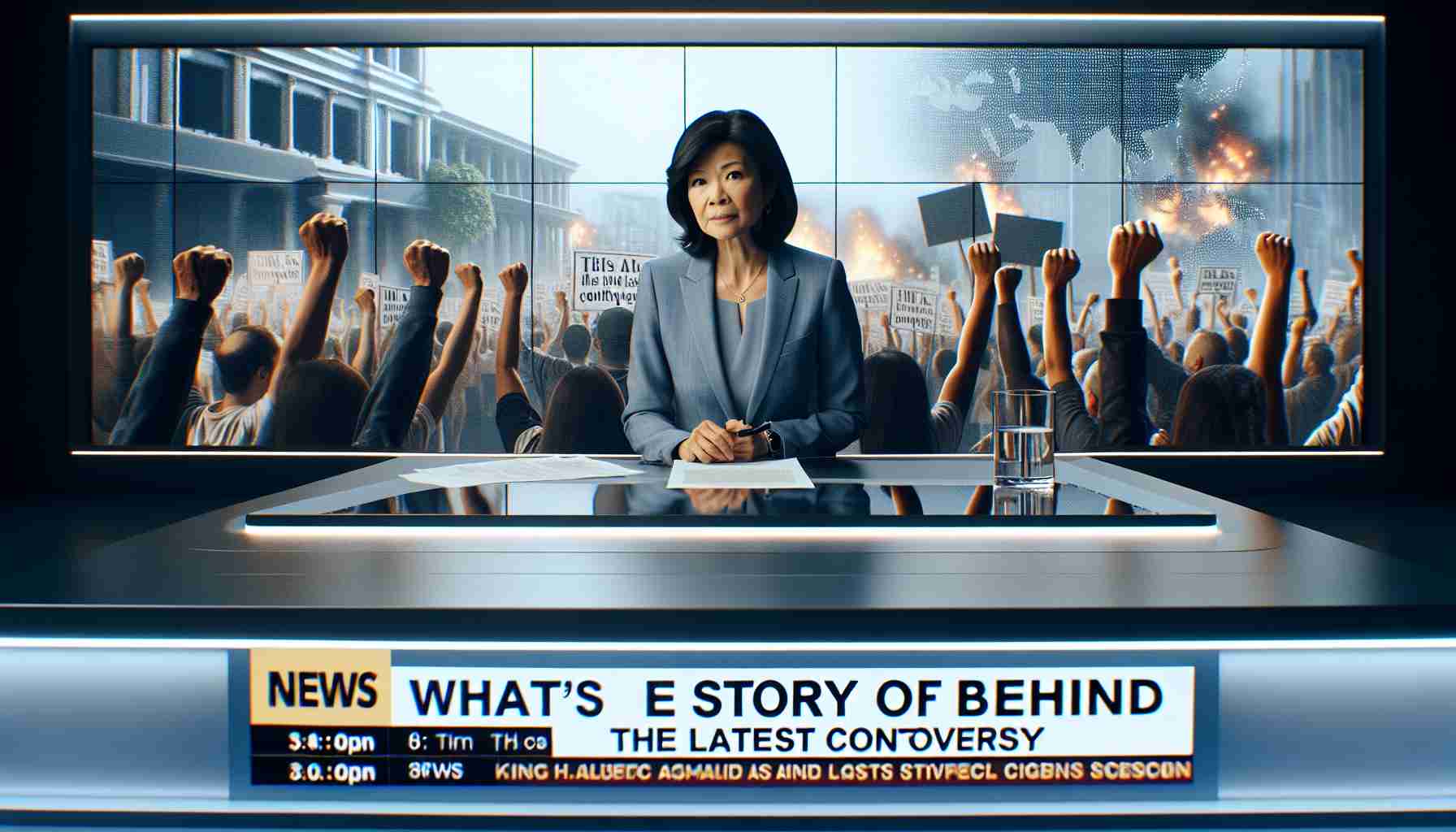Television Network Stands Firm Amid Scandal
In a recent press conference, the president of NHK, Nobuo Inaba, addressed the growing concerns surrounding popular talent Masahiro Nakai, who has been caught in the midst of a personal scandal involving women. Inaba emphasized that NHK has a robust system for reporting harassment issues, assuring attendees that such problems are not prevalent within the network.
Despite the troubling headlines, he stated that there are currently no plans to conduct further investigations into the production teams or related areas. By firmly establishing NHK’s protocols, Inaba aimed to reassure both the public and staff that the network maintains a safe and supportive environment.
The incident surrounding Nakai has sparked significant media attention and speculation. With Nakai being a beloved figure in the entertainment industry, fans are left curious about the unfolding narrative. As NHK holds its ground, industry watchers are eagerly awaiting further developments and any potential impact this may have on Nakai’s career and the network’s reputation.
While the situation continues to evolve, NHK’s commitment to transparent communication and established procedures remains a focal point. The public’s response to these developments will be crucial as the story progresses, keeping everyone on edge as they watch for updates.
Broader Societal Implications of Scandals in Entertainment
The recent scandal involving NHK’s popular talent, Masahiro Nakai, transcends individual scrutiny to reveal the underlying vulnerabilities of the entertainment industry. This incident reflects a critical juncture for Japan’s media landscape, where the interplay of celebrity culture and public accountability becomes increasingly intertwined. As the public grapples with issues of harassment and accountability, society may demand greater transparency and ethical standards within entertainment networks, altering the way media corporations operate.
The cultural significance cannot be overstated. As audiences become more aware of misconduct in the industry, the expectation for networks like NHK to foster a safer working environment intensifies. This could lead to higher ethical standards not only within Japan but potentially inspire movements in other countries facing similar issues. The ripple effect may embolden smaller networks and talent agencies to assess their policies and create safer work conditions, reshaping industry norms.
Moreover, the economic ramifications extend beyond the immediate scandal. Public trust in media organizations is paramount, and how NHK navigates this turbulent period could influence viewer engagement, advertisement revenue, and overall market share. Long-term implications might see a shift towards more genuine content and representation in programming, reflecting societal values that prioritize integrity and respect. As viewers align their preferences with ethically sound practices, the landscape of entertainment may shift towards a more responsible and culturally resonant model.
NHK’s Crisis Management: How the Network Is Navigating Scandal
Television Network Stands Firm Amid Scandal
In light of the recent controversies surrounding popular talent Masahiro Nakai, the president of NHK, Nobuo Inaba, has confidently addressed the pressing issues at a recent press conference. He emphasized that NHK is equipped with a comprehensive system for addressing harassment concerns, aiming to provide reassurance about the ethical and professional environment within the network.
Key Features of NHK’s Protocols
– Robust Reporting System: NHK has implemented a structured process for reporting harassment claims, designed to protect employees and maintain an accountable work culture.
– No Current Investigations: Despite the gravity of the allegations involving Nakai, Inaba confirmed that no additional investigations into NHK’s production teams are anticipated at this time.
– Commitment to Transparency: The network has vowed to uphold openness in communication, ensuring that employees feel safe when addressing their grievances.
Pros and Cons of NHK’s Approach
Pros:
– Maintained Trust: By affirming the integrity of NHK’s protocols, the network seeks to uphold public confidence amid scandal.
– Support for Employees: A well-defined reporting system empowers employees to voice concerns without fear of retaliation.
Cons:
– Industry Scrutiny: With high-profile scandals, NHK may face increased scrutiny from both the media and the public.
– Potential Damage to Reputation: Continued association with Nakai could pose a risk to NHK’s image if the situation escalates.
Cultural Impact and Future Insights
The ongoing turmoil surrounding Masahiro Nakai and NHK will undoubtedly have implications for the Japanese entertainment industry. As one of the most recognized figures in television, Nakai’s actions and NHK’s response could set a precedent for how networks handle similar crises in the future.
Market Analysis and Trends
In discussing the market landscape, it is essential to consider how viewers’ expectations are shifting. Audiences are increasingly demanding accountability and ethical standards from media organizations. This situation may usher in stricter regulations and oversight within the industry, as public sentiment plays a crucial role in shaping network policies.
Looking Ahead: Predictions and Innovations
As the story progresses, it will be critical to monitor how NHK navigates this scandal. Analysts predict that the network’s handling of the situation could influence future partnerships and viewer loyalty. Additionally, the integration of more innovative communication strategies might emerge as networks adapt to a landscape that prioritizes transparency and accountability.
To stay updated on NHK’s developments and the implications for the entertainment industry in Japan, visit the official site at NHK.
